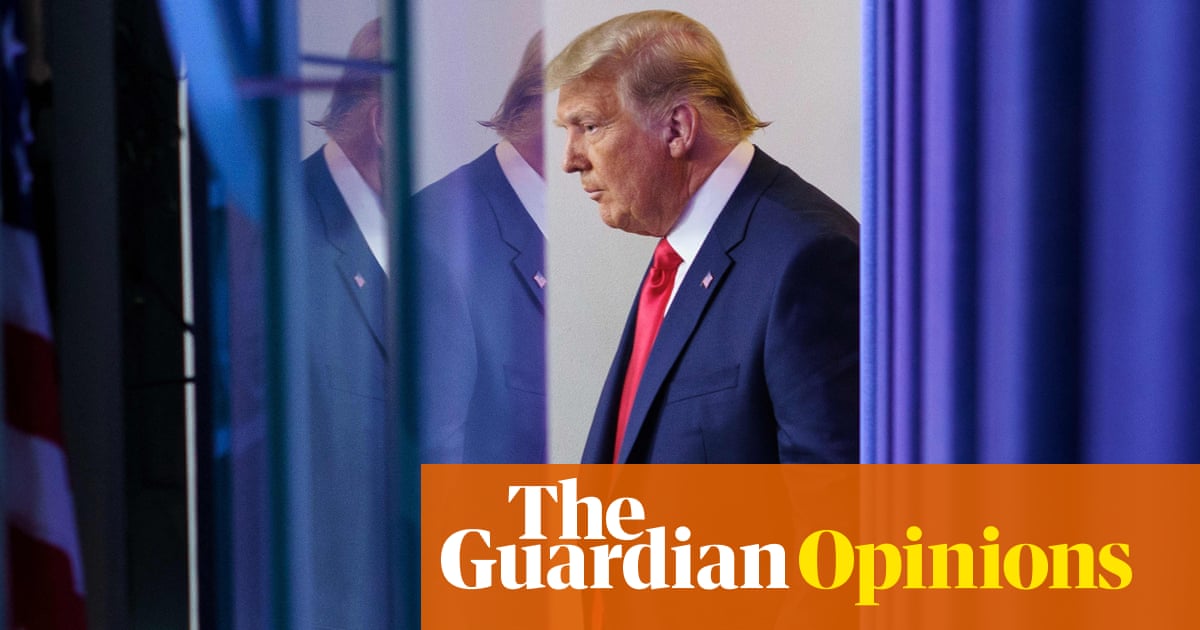
In the US, neither the election of a black president, Obama, nor a white president, Trump, succeeded in uniting the long-divided nation. The elections brought to light acute political and social divisions between the north and south that go back to the pre-independence and civil war era. These divisions, stemming from hyper-partisanship, entrenched the sharp social polarization within the United States between liberals and conservatives.
The deep state and fears of the two American party’s control is a major indicator that the American nation is divided. As Breaking the Two-Party Doom Loop author Lee Durtman told me: “The United States slit along a two-party line is a source of apprehension, a great political evil.” US democracy and its electoral process, despite the ascension of an African-American, Barack Hussein Obama, to the presidency, have not managed to bridge the gap between liberal and conservatives or blacks and whites. African Americans are still under attack. Police officers are still murdering them in cold blood because the African American president, Obama, simply did not work to unify all races and cultures. This is the result of the unwillingness of the party that brought him to power to adopt policies that would truly dissipate these differences. Rather, it is at war with another party that brought a populist billionaire to office.
Searching for the perfect state or polity in America is considered a waste of time; dreams of a utopia in Christopher Columbus’s continent have been dashed. America is carrying a lot of baggage, the genocide that killed ten million Red Indians (Native Americas), the Negro and slave revolt and the 400 years of wars for the oppressed, waged despite that those blacks had taken part in the American War of Independence.
The American division is reflected in skepticism about the electoral process- unprecedented in its scale. Indeed, accusations were exchanged on Twitter and there was talk of the elections being stolen and juveniles, and even the dead, having their votes counted, to say nothing about the talk of “forged” mail-in ballot votes after they closed. The Democrats and Republicans also exchanged accusations that the other side had attempted to storm vote-counting centers and turn votes void. It brought to mind some countries’ election-mindset and demonstrated the true depth of the USs internal rift. Even the highest-turnout in more than 120 years could not hide the extent of rift between the supporters of the Democratic Partys donkey and the Republican Partys elephant. Statements that contradicted America’s typically democratic transition emerged, indicating that the handover of power would not be smooth.
Around 100 million voters indeed cast their ballots before election day. However, the US electoral system’s framework operates such that a candidate could win the majority of votes nationally and still lose the election because Americans vote at the state level, not the national level.
The fears are unjustified because the electoral issue is purely about partisan programs, and the US is intellectually and politically split between two parties. No other third party would reduce the polarization between the two, and the US cannot avoid hyper-partisanship that is widening the partisan gap.
US electoral contests are always met with perpetual anxiety in the Middle East, especially in light of the Democrats’ relationship with political Islamic groups. In mind is Obama’s project aimed at implanting the groups in the Middle East, following the constructive chaos project that the Democrats are accused of adopting.
American policies and resolving internal divisions have always been heavily criticized. Senator Fulbright once said that the American society had gone from being a great society to a sick society, proved by the obsolete manner which the US used to tackle Vietnam and the Detroit war.
During Trumps term, his policies were based on contradictions and switching established notions, from dealing with allies to cooperating with rivals, to the policy of mutual interests to that of preemptive defense, where nothing comes free, and blackmail tops the agenda.
Pluralism and diversity have not granted the US immunity from the greatest fear, which is division into fractured nations. It can be clearly seen in the attempts to split the country’s political geography between the two parties, neither of which managed to restore the sense of national unity that the founding fathers had hoped for. The US is facing two bitter threats: a divided republic or a divided nation.
Whoever wins, Trump or Biden, the crisis, at its core, goes beyond both individuals.












